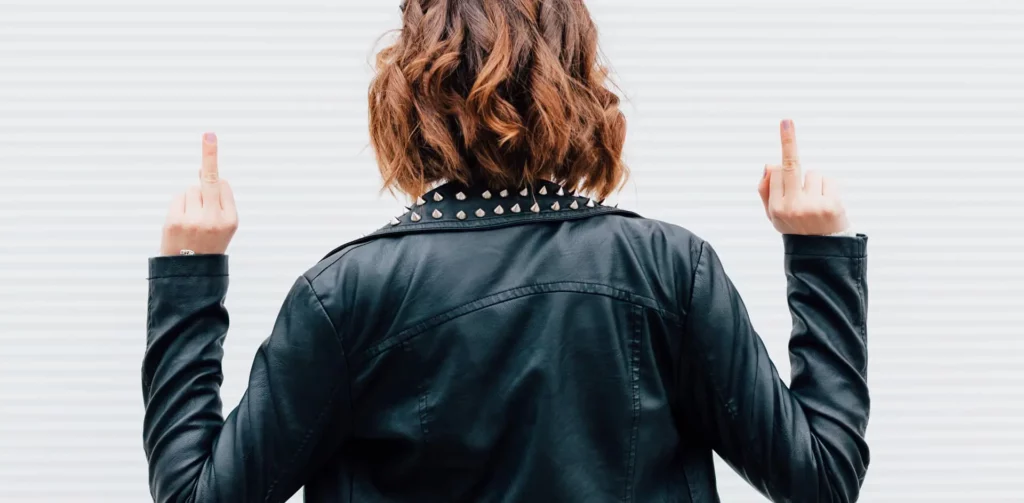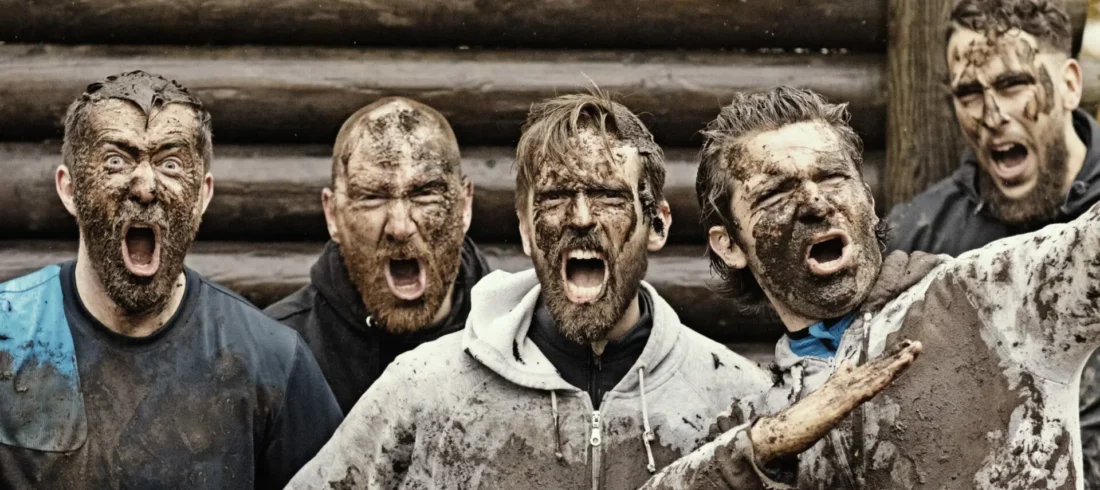#metoo - an alarm call for men
Almost a third of men today fall under the "lapdog type," the Cologne-based rheingold institute found out in a depth-psychological study of men. They have no clear self-image and prefer to behave in a well-behaved and obedient manner for fear of losing the love of their wives. But this trend also provokes the return of the old macho. An interview by the "Kölner Stadt-Anzeiger" with Stephan Grünewald.
The interview appeared in the Kölner Stadt-Anzeiger on January 29, 2018.
Mr. Grünewald, the accusations of sexual violence made by alleged victims against director Dieter Wedel have had a similarly shocking effect in Germany as the scandal surrounding producer Harvey Weinstein or Hollywood star Kevin Spacey in the United States. What do you make of the vehemence of the reactions?
I see the #metoo campaign, which brings assault and sexual violence to the light of day, as the countermovement to a countermovement.

It sounds complicated...
But this can be easily resolved. The first movement in the relationship between the sexes was a fundamental change in the male self-image over the past two decades. Despotic, humiliating behavior geared to sexual pleasure seemed to have had its day as a sign of masculinity. The "new man" of postmodernism defined himself as reflective, communicative, open-minded and attentive to the needs of his partner in particular, but also to women in general. But this was also accompanied by an irritation in the self-image of the man.
What kind of irritation?
This new man no longer knows exactly what he is supposed to be like and is therefore very much oriented towards his partner.
The womanizer....
In our psychological study of men, we called him the "lapdog type. Today, 27 percent of men fall into this category: They don't have a clear self-image, but they suspect every manifestation of the "old masculinity" in themselves of machismo. For fear of losing the love of their wives, they often behave in a well-behaved and obedient manner. To put it bluntly, this type of man gives nice paws and at most bites a slipper on his little escapes on the Internet.
Is there then a secret longing for the old macho?
The macho still exists in real life, of course. But he is a species in the process of extinction, a dinosaur. We only assign this type to just under 15 percent of all men. However, a far greater proportion of men in professional life still invoke the patterns of "old masculinity." In the company, in the office, many lapdogs mutate into leading wolves. Here they find clear rules and a firm power base. And here they act self-confidently and winningly - sometimes even encroachingly. At home, however, they tip over from this functional potency back into private insolvency.
And the film industry is a particularly suitable field to live out this potency?
A reserve for machos, perhaps. Even if most of the incidents that have now become public occurred a long time ago. In recent years, however, we have observed a countermovement to the politically correct and tame man - a rollback to the old masculinity.
How did it come about?
The new man has noticed that he becomes uninteresting to women if he comes across as overly conformist, soft-spoken and smooth-ironed, without rough edges, without a desire to argue and a willingness to engage in conflict.
And what are the consequences?
They can be seen in a whole host of trends. For example, there is the return of the full beard. The hipster comes along as a "bearded man" - as a bear and a tiger. I also count the craft beer fashion among them. While, for example, the Pilsner is being served in an increasingly cultivated and champagne-like manner, craft beer marks a return to the primal and original brew. Strong beer for strong men. We also celebrated strong men at the 2016 European Football Championships - with the Iceland hype and the resurrection of the Viking, who articulates himself in muffled sounds and performs wild, archaic dances on the sidelines. In literature, Michel Houellebecq's novel "Subjugation" describes in a mixture of horror and fascination the triumph of patriarchy - shaped by Islam - which enables men to have polygamy and gets rid of the annoying competition from women in their professional lives. Alexa, Amazon's voice assistant, reduces women to the role of full providers - always in bondage and always ready. And in politics, the AfD is working diligently to restore the old male image with its traditional concept of the family.
Donald Trump you might want to mention?
Absolutely. With his election victory, which his sexist outbursts could not stop, the old type of man has literally returned to world power. But Vladimir Putin in Russia or Recep Tayyip Erdogan in Turkey also embody this role model. In this situation, #metoo is the aforementioned countermovement and a cry of alarm: "Watch out, men! Don't fall back into archaic behavior patterns under which countless women have had to suffer! Let's look for a third way in gender relations for the man between repression mania and cowering!"
What could be the path?
In the willingness of men to openly discuss their own needs and to argue for their wishes. But in a dispute at eye level that includes the demands of women. Not only in politics, but also in relationships, the art of argument and a culture of compromise have been lost to us. We need to rediscover them.
The interview was conducted by Joachim Frank.
Psychologist Stephan Grünewald from Cologne is the founder of the market and media research institute rheingold. Grünewald became a bestselling author with the books "Deutschland auf der Couch" (2006) and "Die erschöpfte Gesellschaft" (2013) as well as "Wie tickt Deutschland" (2019), among others.
Tel.: +49 221-912 777-17
E-mail: gruenewald@rheingold-online.de






